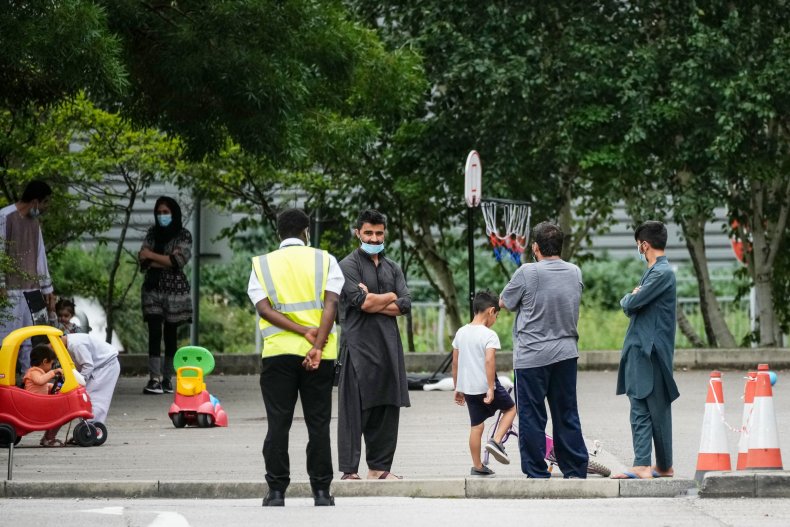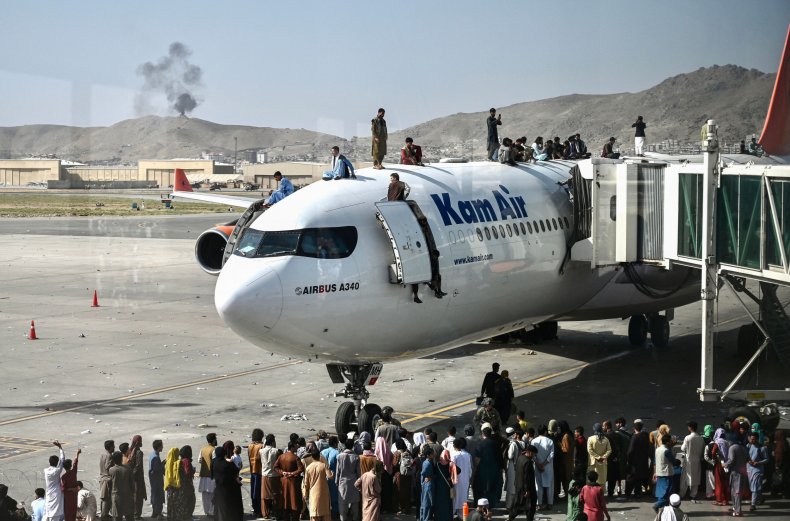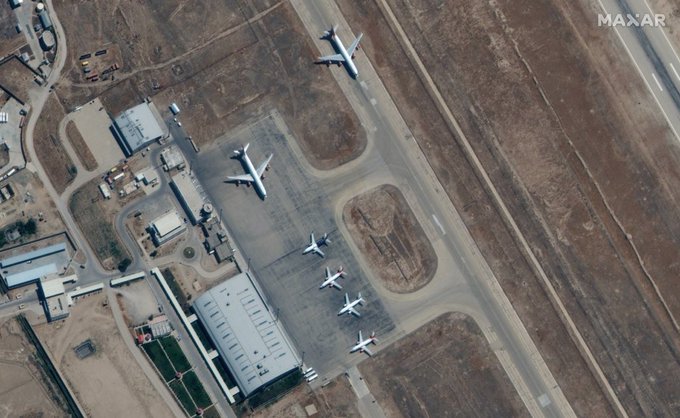Primer:
Treaties and other international agreements are written agreements between sovereign states (or between states and international organizations) governed by international law. The United States enters into more than 200 treaties and other international agreements each year.
The subjects of treaties span the whole spectrum of international relations: peace, trade, defense, territorial boundaries, human rights, law enforcement, environmental matters, and many others. As times change, so do treaties. In 1796, the United States entered into the Treaty with Tripoli to protect American citizens from kidnapping and ransom by pirates in the Mediterranean Sea. In 2001, the United States agreed to a treaty on cybercrime.
Read more about what specific bureaus are doing to support this policy issue:
Office of Treaty Affairs (L/T): The Office of the Assistant Legal Adviser for Treaty Affairs, within the Office of the Legal Adviser, provides guidance on all aspects of U.S. and international treaty law and practice. It manages the process under which the Department of State approves the negotiation and conclusion of all international agreements to which the U.S. will become a party. It also coordinates with the Senate Foreign Relations Committee on issues involving the Senate’s advice and consent to ratification of treaties. Read more about the Office of Treaty Affairs
***
To date, the U.S. State Department has no secured refugee agreements with a permanent status as a result of the Afghanistan refugee crisis. Some countries are cooperating only on a temporary basis while conditions and vetting has been satisfied. This now forces the United States to essentially accept the high majority of the refugees which could exceed perhaps as many as 1.0 million. Today, several of our military bases across the globe and those inside the United States have become refugee camps with no end in sight.
Anyone remember the Syrian refugees and the continuing crisis throughout Europe? Even Germany is deporting Syrian refugees.
***
As of August 31, 2021 via Newsweek
U.S.
Afghans who aided the U.S. war effort can be eligible for special immigrant visas, but those who don’t qualify can look to resettle in the U.S. in other ways.
Earlier this summer, the Biden administration expanded its Afghan refugee program and created a new category for those who worked with U.S.-based news outlets or nongovernmental organizations.
As many as 50,000 Afghans could also arrive in the country on “humanitarian parole,” an immigration tool that allows people to enter the country without visas for urgent humanitarian reasons.
The Biden administration has not announced exactly how many Afghan refugees will be taken in by the U.S., but has committed to resettling up to 125,000 refuges in the 2022 fiscal year.
U.K.
Earlier this month, the U.K. government announced plans to welcome 5,000 Afghan refugees this year and resettle a total of 20,000 Afghans in the coming years.
The Afghan Citizens’ Resettlement Scheme would prioritize women and girls as well as religious and other minorities who are at most risk from the Taliban, the government said.

Canada
Canada has said that it will take in 20,000 refugees from Afghanistan, focusing on those in danger from the Taliban, including government workers and women leaders.
The country’s Immigration Minister Marco Mendicino has said Canada would consider taking in additional refugees on behalf of the U.S. or other allies, if asked.
As we face this crisis together, Canada is leading with our commitment to welcome 20,000 refugees who’ve fled Afghanistan, focusing on women and girls, LGBTQ individuals and targeted minorities.
— Marco Mendicino (@marcomendicino) August 19, 2021
Mexico
Mexico welcomed a group of 124 Afghan media workers and their families on Wednesday.
The country had accepted its first group of refugees from Afghanistan on Tuesday, when five women and one man arrived in Mexico City, according to the Associated Press.
Mexico’s interior secretary, Olga Sánchez Cordero, said Wednesday that Mexico would grant asylum “to those Afghan citizens who require it.”
Germany
Germany has indicated that some Afghan refugees will be accepted, but numbers have not been specified.
Chancellor Angela Merkel faced criticism after Germany opened its borders to over a million migrants, mostly Syrians and Iraqis, six years ago.
After the Taliban takeover, Merkel said her government was focused on ensuring Afghan refugees “have a secure stay in countries neighbouring Afghanistan.”
France
In a televised address after the Taliban takeover, President Emmanuel Macron said Europe must protect itself from a wave of Afghan migrants.
He said France would “protect those who are in the most danger” but added that Europe “cannot take on the consequences from the current situation alone.”
Pakistan
Most Afghan refugees cross over the border into neighboring Pakistan.
In June, Pakistan’s Prime Minister Imran Khan told The New York Times that the country would seal its border if the Taliban took control as it did not want another wave of refugees from Afghanistan.
The country was already struggling to cope with the estimated three million Afghan refugees already in Pakistan, he said.
Tajikistan
In July, Tajikistan said it was preparing to accept up to 100,000 refugees from its neighboring country.
Uganda
Uganda said it had agreed to a request from the U.S. to temporarily take in 2,000 refugees from Afghanistan. The African nation currently hosts about 1.4 million refugees.
Albania, North Macedonia and Kosovo
Albania and North Macedonia have also accepted a U.S. request to temporarily take in Afghan refugees, accepting 300 and 450 refugees respectively. Kosovo has also agreed to temporarily host refugees headed for the U.S., but numbers have not been specified.
Switzerland
The Swiss government has said it will not accept large groups of refugees arriving directly from Afghanistan.
Austria
Austrian Chancellor Sebastian Kurz has ruled out taking in any more Afghan refugees. In a recent interview, Kurz said Austria had accepted 40,000 Afghans in the past few years, which he described as a “disproportionately large contribution.”

Turkey
Turkey hosts the largest number of refugees out of any country in the world, but has been ramping up construction of a border wall to keep further influxes of migrants out.
There are 182,000 registered Afghan migrants in Turkey and up to an estimated 120,000 unregistered ones, according to Reuters.
But the country’s president Recep Tayyip Erdogan has urged other European countries to take responsibility for those fleeing Afghanistan after the Taliban takeover, saying Turkey had no intention of becoming “Europe’s migrant storage unit.”
Iran
Iran already hosts 780,000 Afghans refugees, according to the U.N. refugee agency.
Emergency tents for refugees were set up in three Iranian provinces which border Afghanistan.
However, Hossein Ghassemi, the country’s interior ministry border affairs chief, has said that any Afghans who have crossed into Iran would be repatriated once conditions improve.
Russia
President Vladimir Putin has said Russia will not accept Afghan refugees because he does not want militants entering the country disguised as refugees.
“We don’t want militants under the disguise of refugees to appear here [in Russia] again,” he said Sunday, according to the TASS news agency.
“We will do everything, in particular in contact with our Western partners, to ensure stability in Afghanistan as well. But we do not want a repeat of the situation of the 1990s and early 2000s.”
Australia
Australia has pledged to take in 3,000 Afghan refugees within an existing annual allocation of its humanitarian visa program. Prime Minister Scott Morrison has indicated the number could be increased, referring to it as “a floor, not a ceiling.”
Meanwhile, the country has also begun a campaign to deter Afghan refuges from trying to reach Australia by boat.
“Australia’s strong border protection policies have not and will not change,” Karen Andrews, Australia’s minister for home affairs, said in a video posted on YouTube Monday.
“No one who arrives in Australia illegally by boat will ever settle here. Do not attempt an illegal boat journey to Australia. You have zero chance of success.”



![Passengers disembark as they arrive from Kandahar, at Hamid Karzai International Airport in Kabul. [Wali Sabawoon/AP Photo]](https://www.aljazeera.com/wp-content/uploads/2021/09/AP21248376529092.jpg?resize=1170%2C780)

